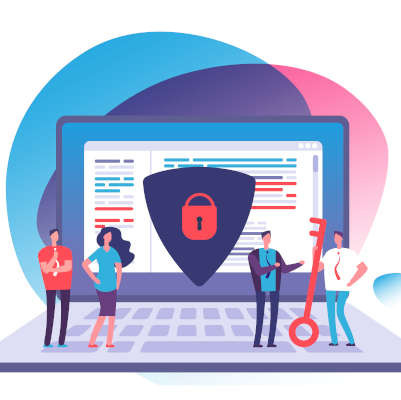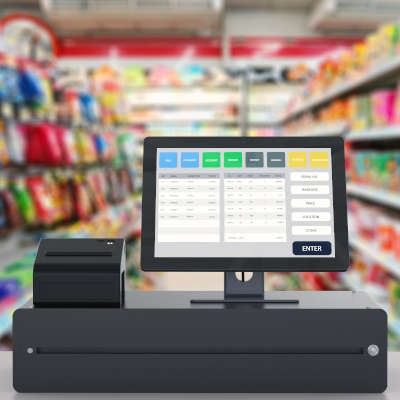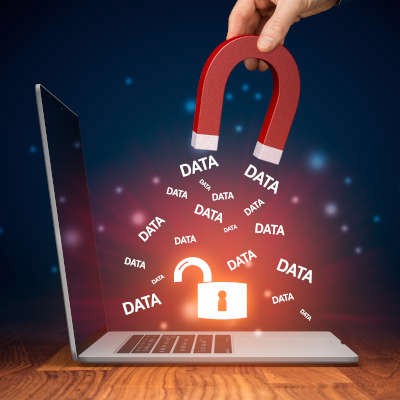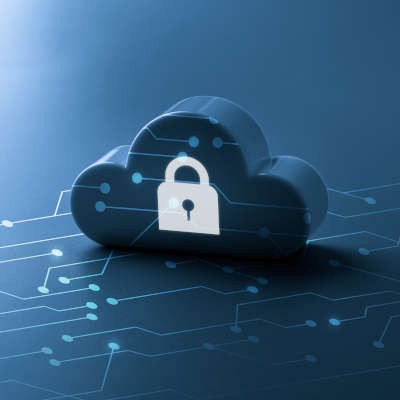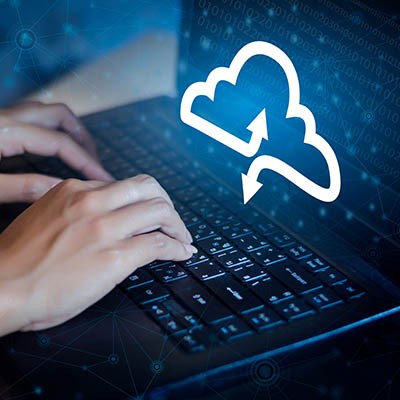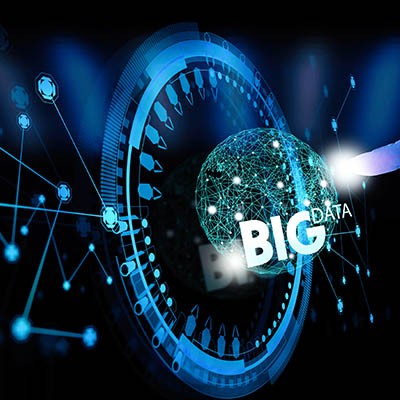It seems that the last few months have been filled with major cyberattacks, particularly those taking advantage of major businesses that might not initially be considered targets for these kinds of acts. For instance, McDonald’s Restaurants was recently breached. Let’s examine the situation, and how it plays into the recent trends we’ve witnessed.
The blockchain has made quite a splash, beginning as the technology that powers Bitcoin before branching out into different use cases that many businesses are already taking advantage of. Let’s go over the benefits—and shortcomings—of the various varieties that blockchain now comes in, and how they are commonly used.
Did you know that maps as we know them are remarkably skewed? Due to some centuries-old superiority complexes and prejudices, the maps we’ve all been raised looking at have never been completely accurate. However, this problem could soon be an element of cybercrime thanks to a developing technology that many have yet to take seriously, deepfake images, and how they could revolutionize cyberattacks moving forward.
Because of the protection it can offer your organization, data backup is a necessary tool for you to have—that is, provided it has the requisite security and reliability you’ll need should you ever have to lean on it. Let’s go over a few guidelines to help you be sure that your backup is trustworthy enough to stake your business’ future on.
Your business’ data is perhaps its most crucial resource—which is why it is so important that it remains protected against all threats (including those that come from within your own business). Consider, for a moment, the ongoing trial of Xiaorong You, going on in Greenville, Tennessee. Accused of stealing trade secrets and committing economic espionage, You allegedly stole various BPA-free technologies from various companies—including Coca-Cola and the Eastman Chemical Company, amongst others—to the tune of $119.6 million.
Facebook is many people’s favorite—or at least most used—app and it does bring value to people by letting them keep tabs on friends and family, or grow their businesses. It has grown to be one of the largest, most successful software technology companies in the world. Unfortunately, with that type of exposure comes the responsibility of securing massive amounts of personal data. In this quest, they leave a lot to be decided. Today, we take a look at the situation Facebook is in as they are dealing with one of the largest data leaks in history.
It is only too common for people to have very different personalities in the office as they do during their off hours, with different standards and practices to suit them. While there is absolutely nothing wrong with that on the surface, you need to be sure that they are at least upholding the kind of security best practices that you expect of them in the office while they are at home.
The late American author Kurt Vonnegut once wrote, “New knowledge is the most valuable commodity on earth. The more truth we have to work with, the richer we become.” Written in the 20th century, it has been put in practice by 21st century businesses. As the Internet has grown, the amount of companies expanded, and the amount of data that those companies collect has grown exponentially, especially now that there is a market for such data.
If you’ve been following us for any amount of time, it is very likely that you have already heard us talk about the importance of a comprehensive data backup strategy. Recent events have made such preparations no less important for you to have in place. Let’s go over some of the key steps that you need to undergo.
What if I were to tell you that, by the time you finished reading this sentence, all personal data in existence was exposed? If every text sent, every Google search executed, every website visited, everything we had ever done online, was made public? Gizmodo recently reached out to an assortment of experts for their insights. Here, we’ve assembled their responses for you to consider.
Starting in 2008, Verizon has produced a report outlining the cybersecurity incident trends that the previous year demonstrated. In doing so, they have provided a resource that gives businesses greater insights into where their cybersecurity efforts need to be focused. Let’s go over some of 2019’s trends and insights that were highlighted in the Verizon Business 2020 Data Breach Investigations Report (DBIR).
Big data, or massive data sets that can be used to make inferences and reveal patterns, has become an increasingly important part of modern business and can be leveraged in many different ways. There are a few different options for storing this data available, which the use case for the data will dictate. Here, we’ll evaluate whether a “data lake” or a “data warehouse” would better suit your needs.
All types of businesses use cloud resources as a part of their IT infrastructure. It allows them to turn what was once a major capital expenditure into a controllable operating cost; and, it does it while offering solutions to almost any business problem. The one drawback that most IT professionals agree on is how to gain enough control over a cloud platform to ensure that the platform is secure.
Most people have acquired much of their familiarity with what a hacker is through the mixed representation seen in pop culture today… but does this impression match up to a hacker in real life? Popular entertainment unfortunately doesn’t differentiate between different hacker types and their motivations very well, so that’s what we’ll handle here.
Understanding Hackers, Based on Motive
Data is of key importance to many modern businesses, and with the help of a managed service provider, it can become even more useful. Here, as we continue our series on the value that a managed service provider can offer you, we’ll focus on the ways that data can be harnessed to your business’ advantage.
It’s not a secret (well, not anymore) that the big tech companies have influence. These companies, that include Apple, Google, Amazon, and Facebook, have been in the spotlight more and more as the argument of data privacy has gotten louder and louder. Public sentiment is starting to blow back on their business model--and since, Yahoo, once the predominant name in Internet-based services, was broken up and sold to Verizon for cents on the dollar after being at the center of the largest data breach in recorded history--there have been rumblings that there has to be something done to protect the public from major publicly-traded technology companies that use individual’s data in ways that some deem unethical.
In business, productivity is the goal. Unfortunately, there are so many interruptions in the workday, you absolutely have to capitalize on the moments where you’re in the groove. To find the groove more frequently, and to measure the ability of workers to find their groove, companies have started using trackable systems fueled mainly by their management software--typically a CRM, but sometimes a larger, more integrated solution--to pump out metrics designed to give managers an idea how their teams are performing, and give them an idea about how to best utilize them.







